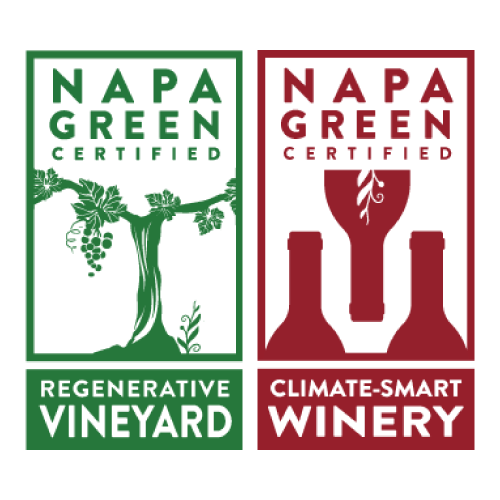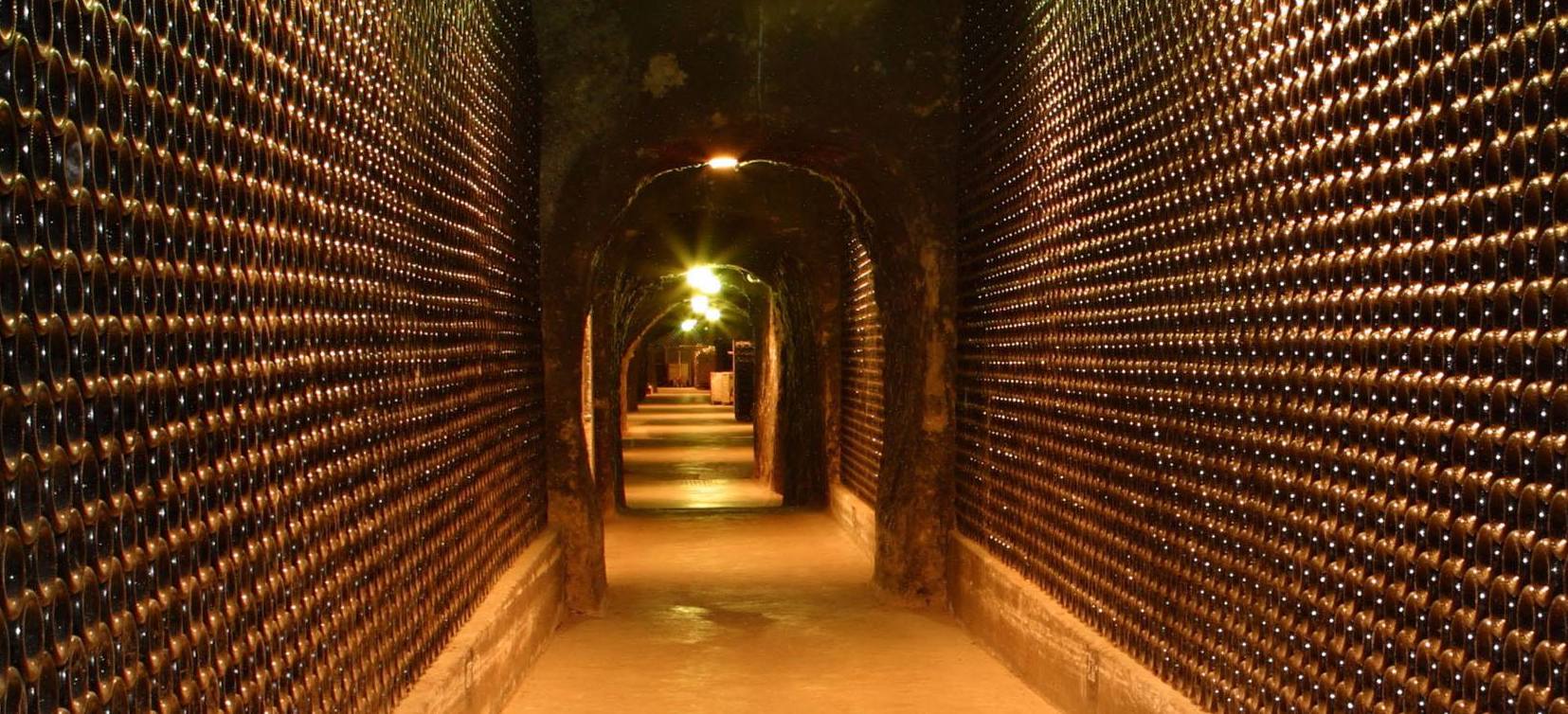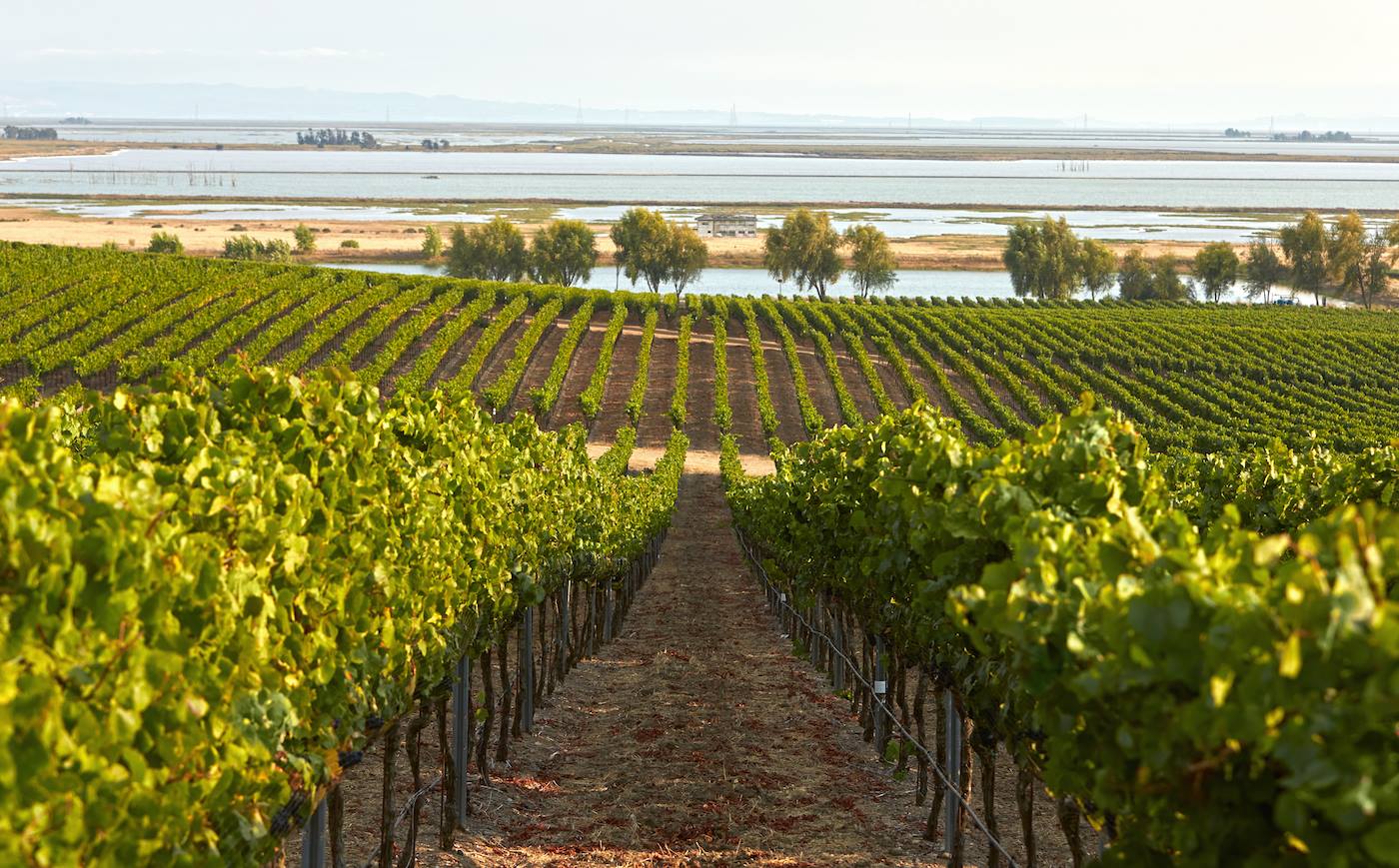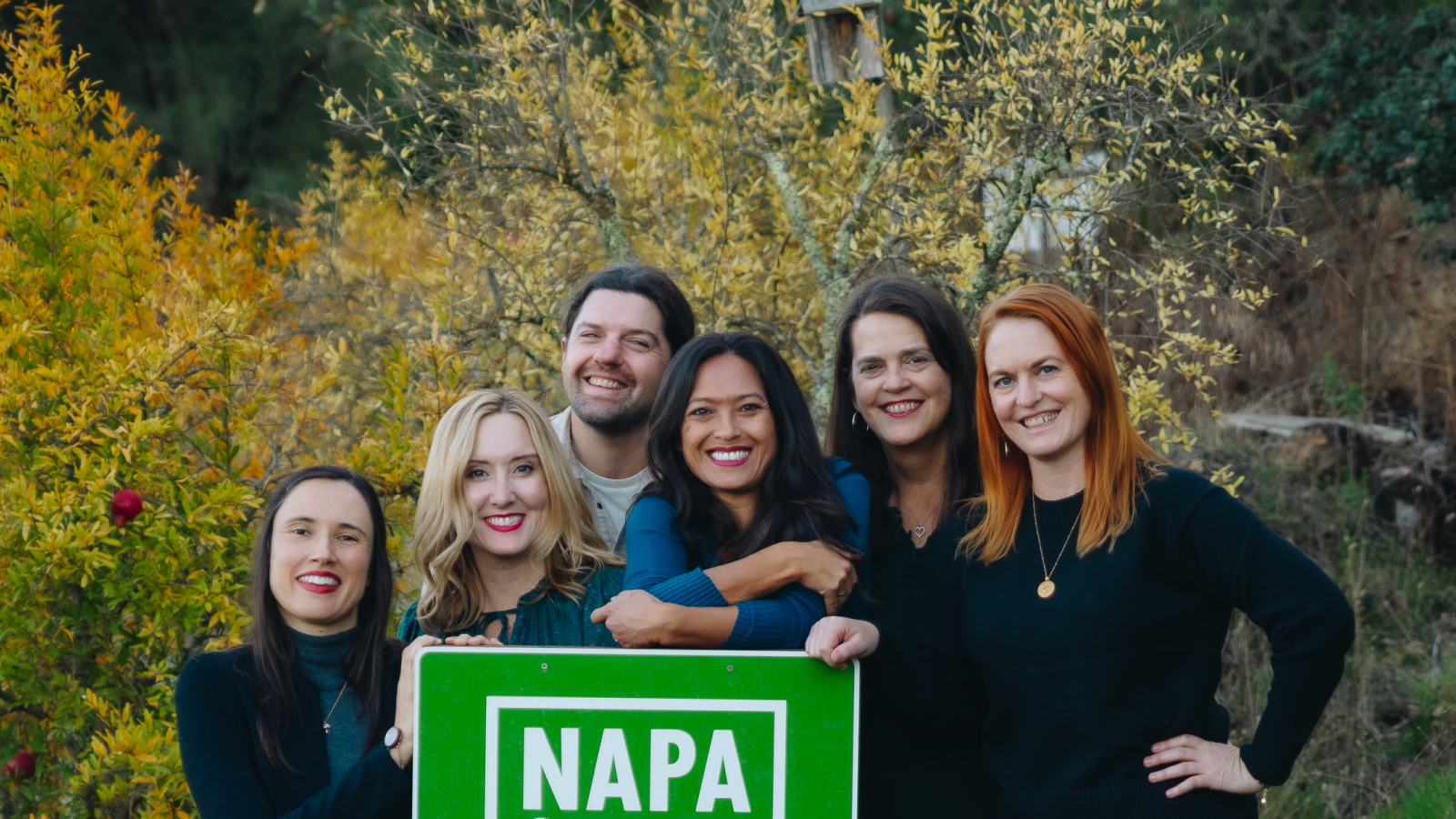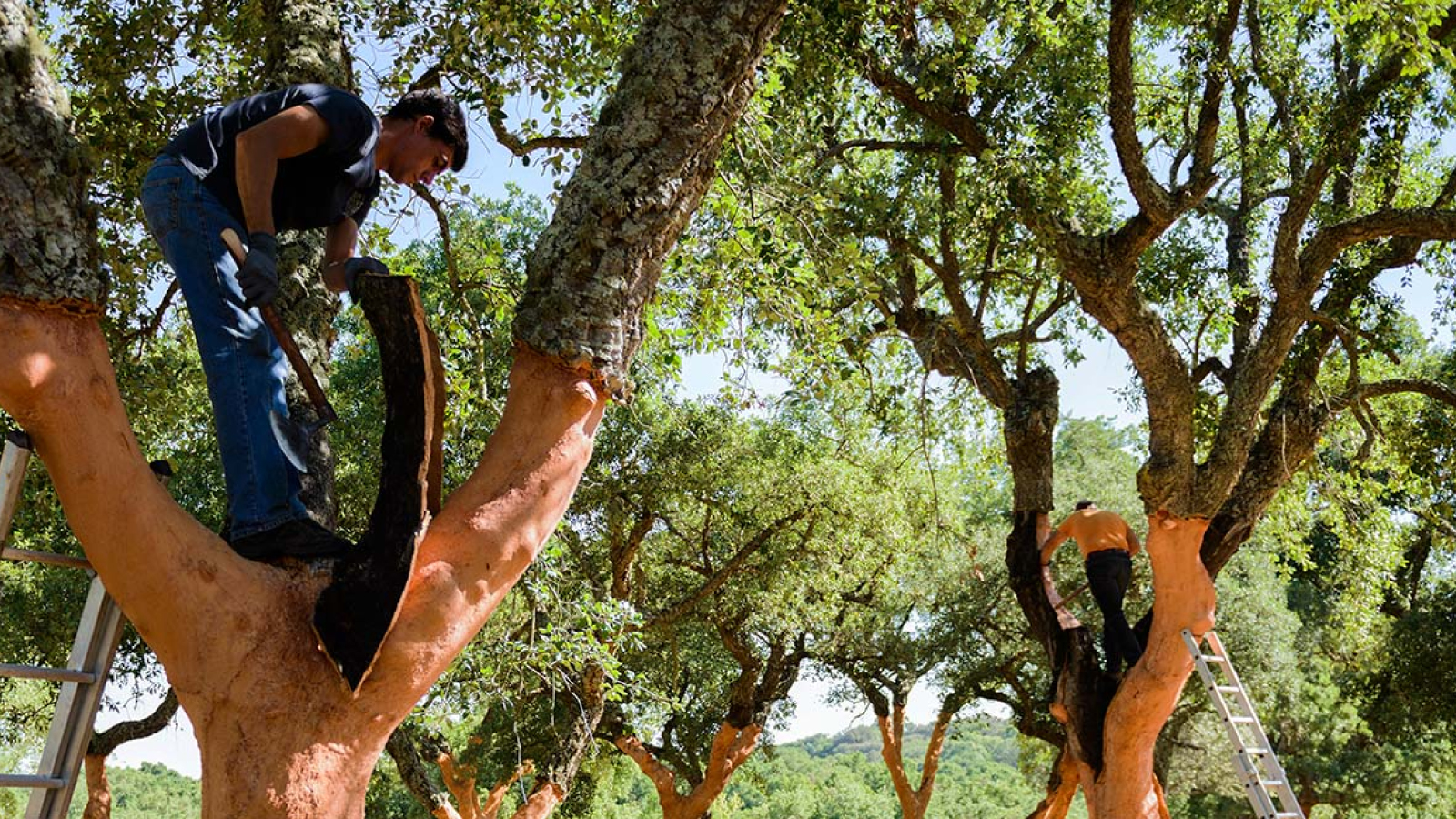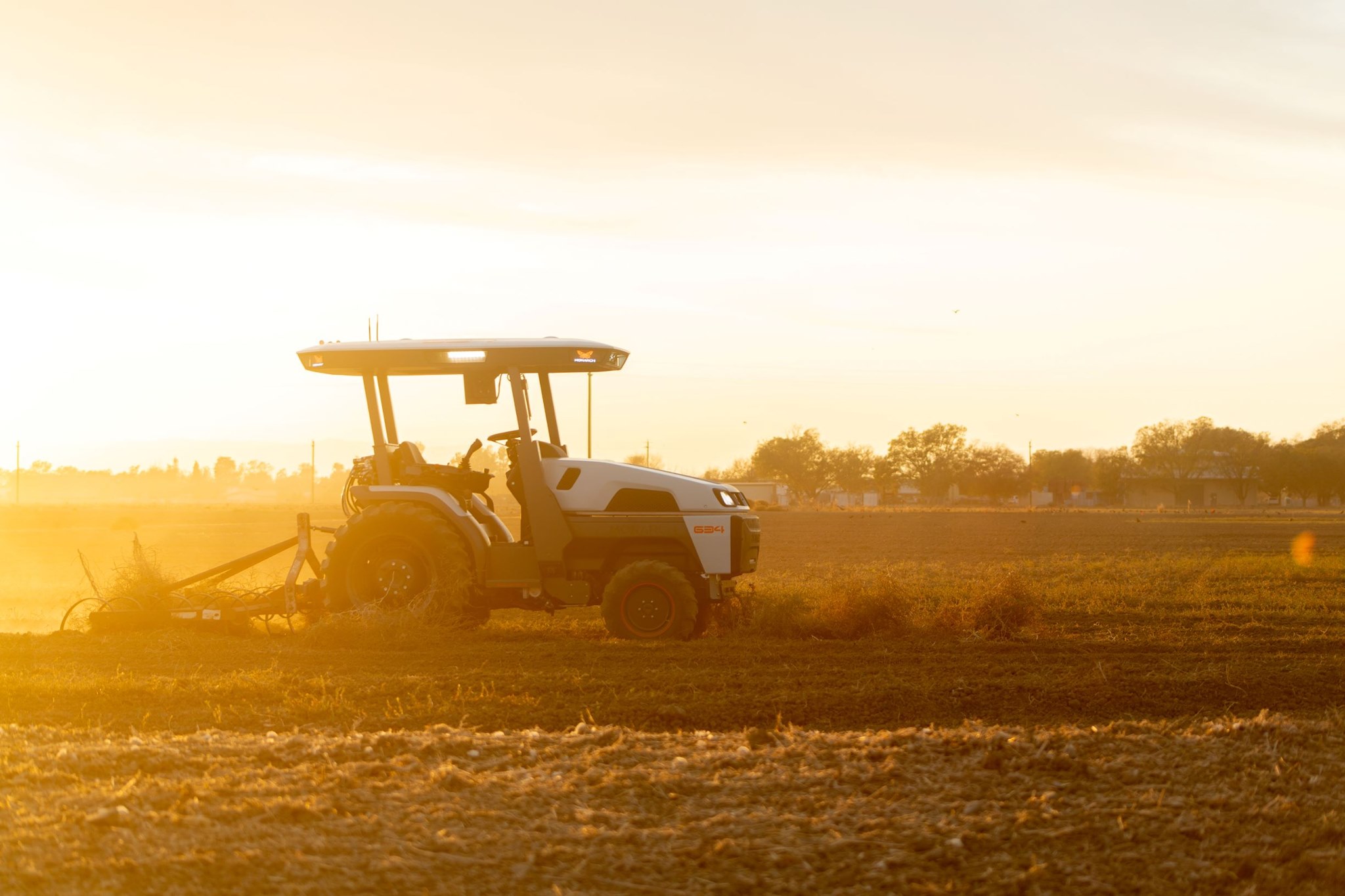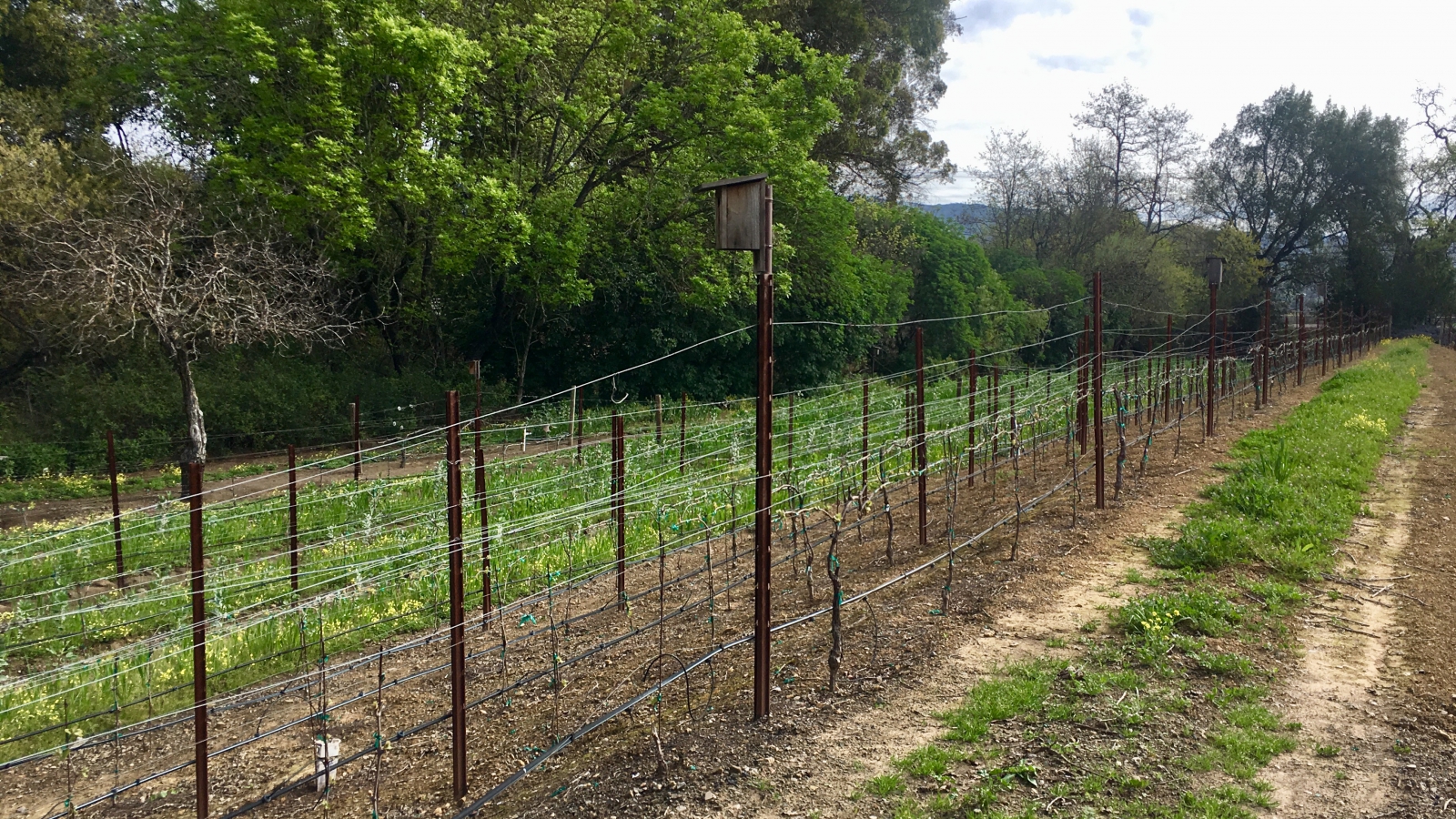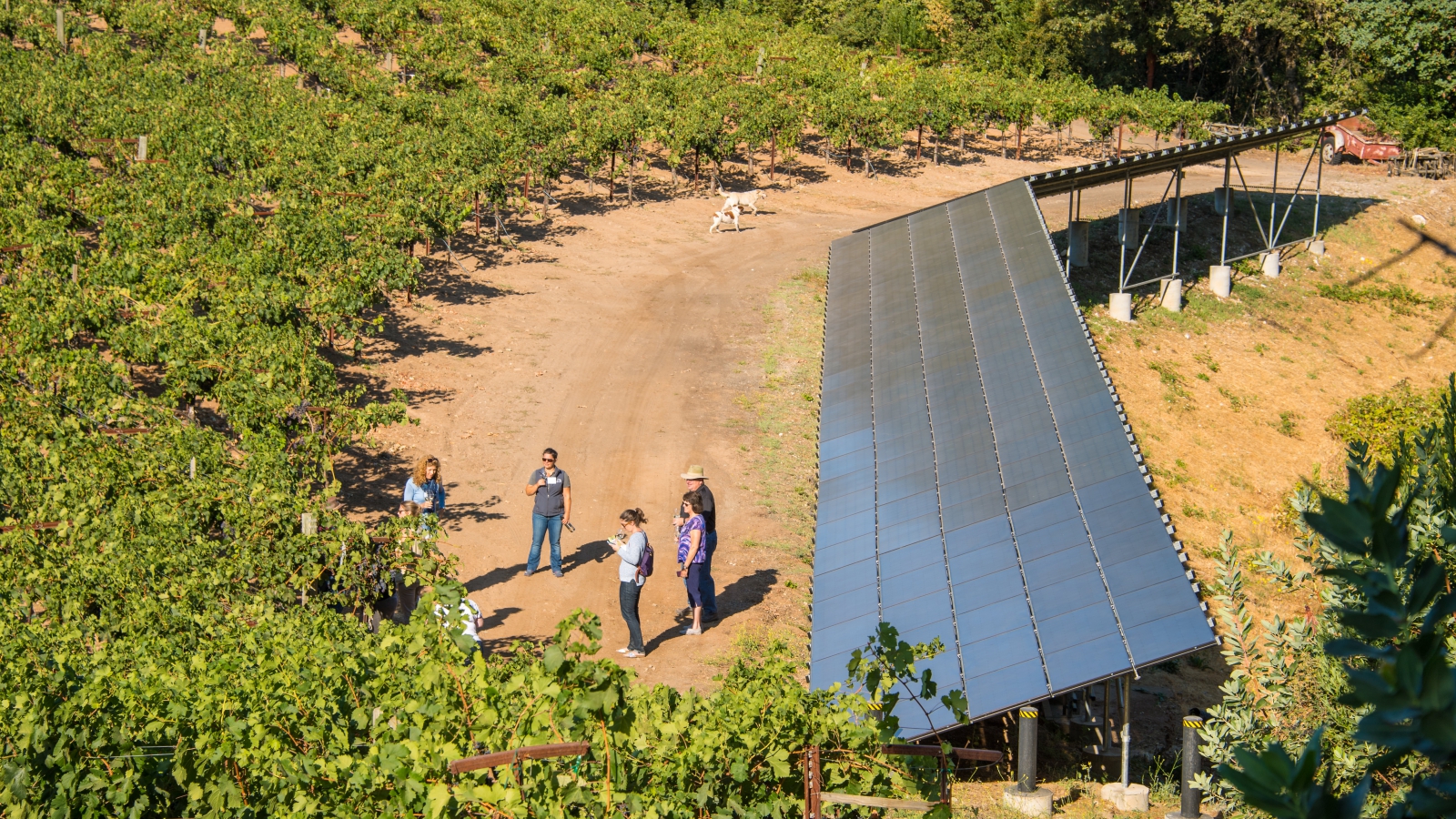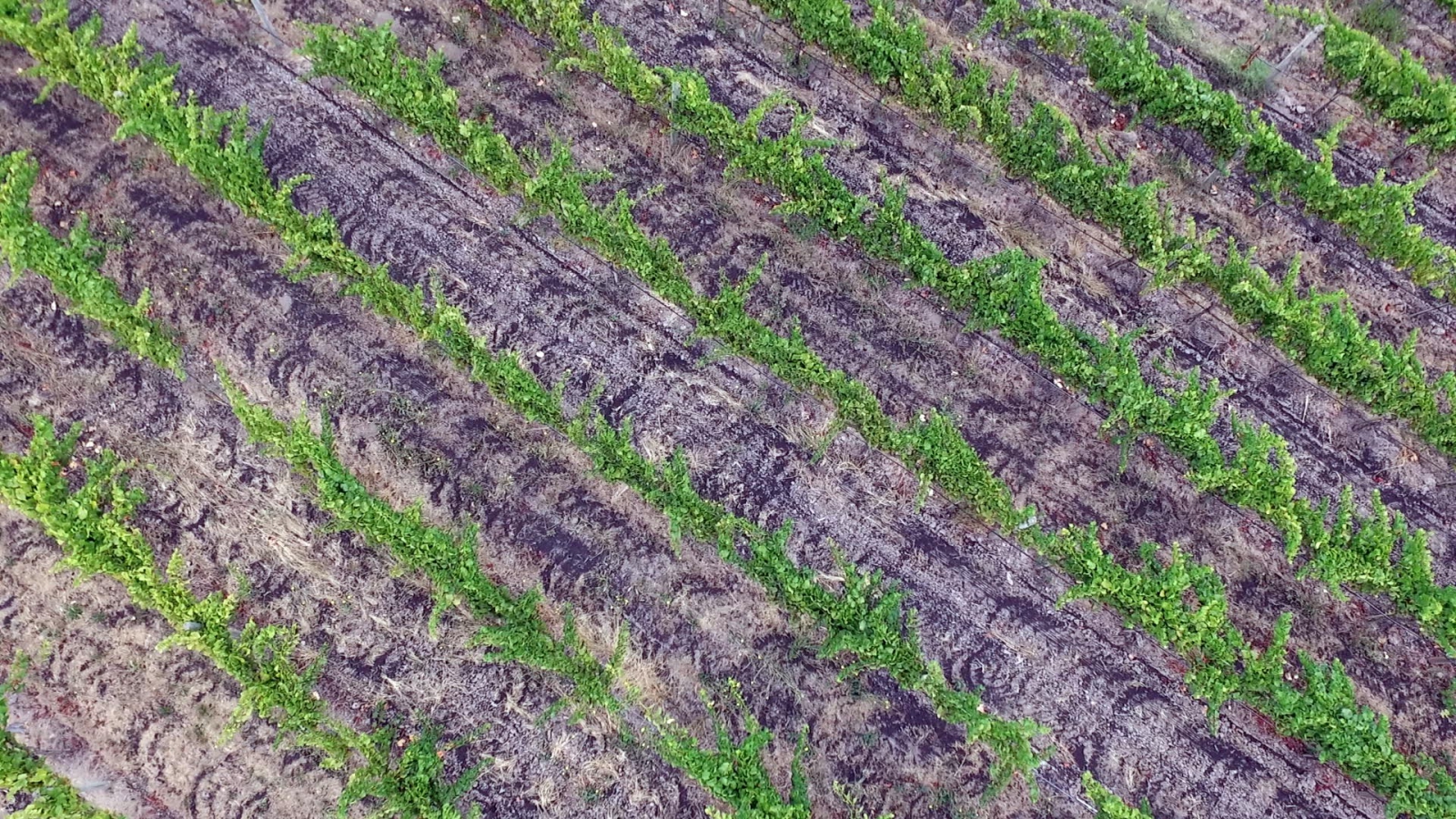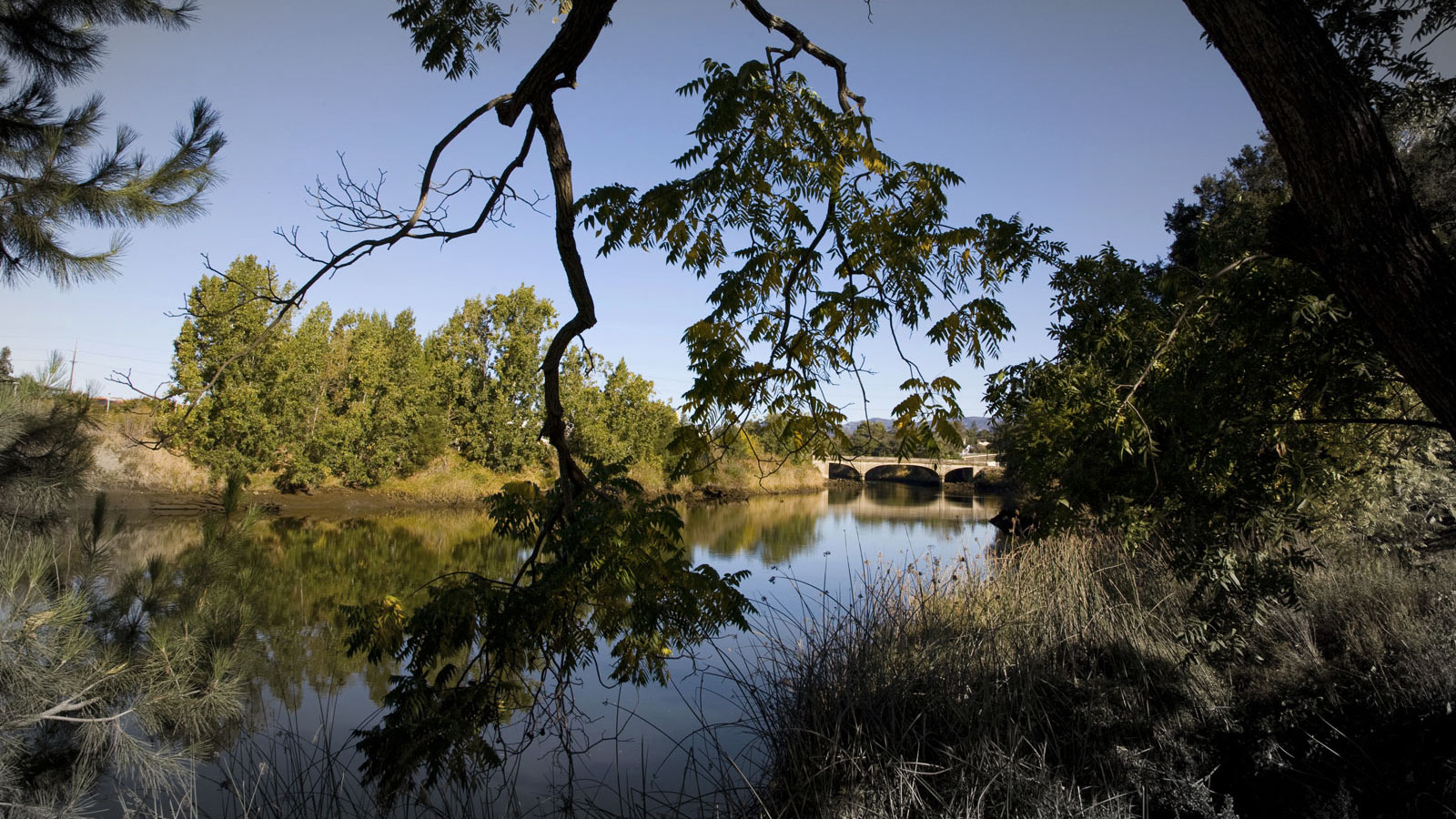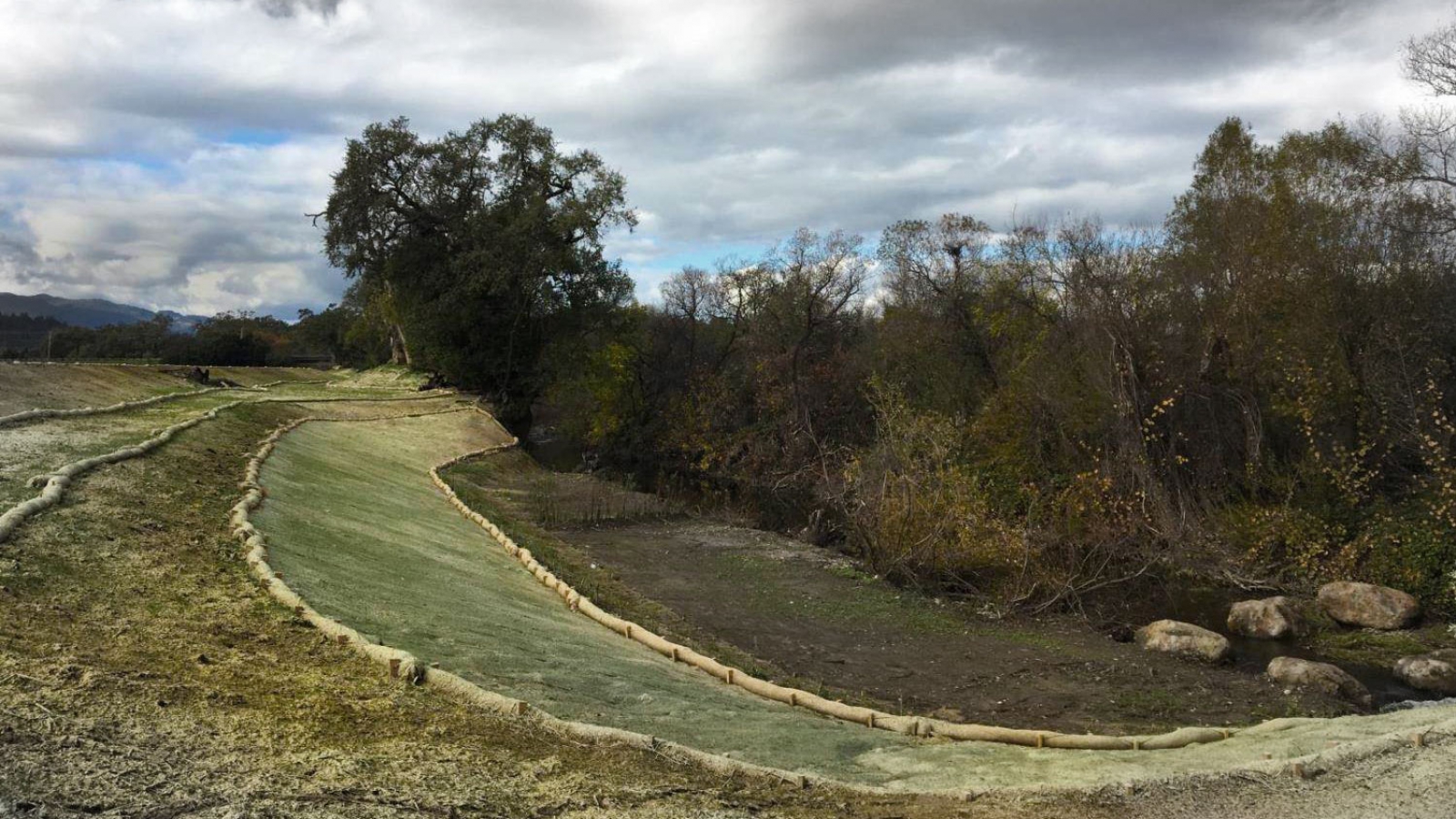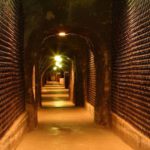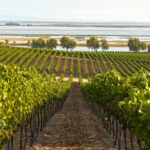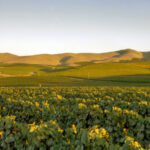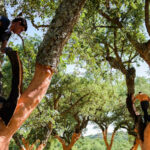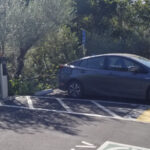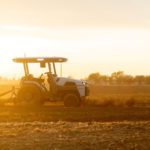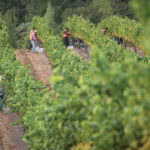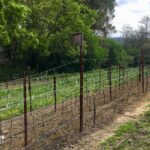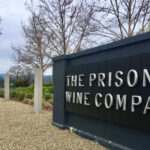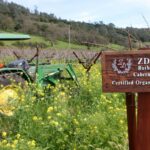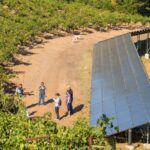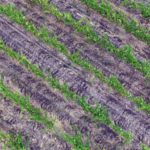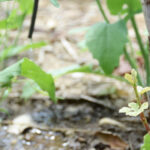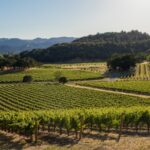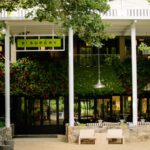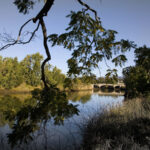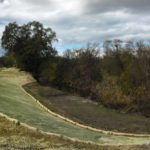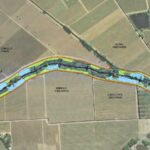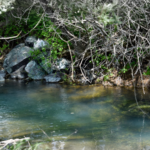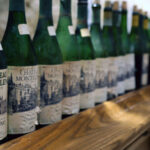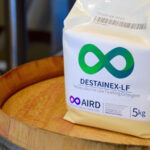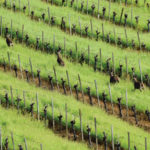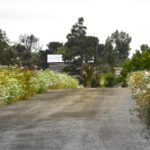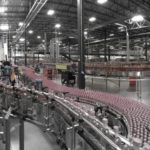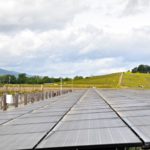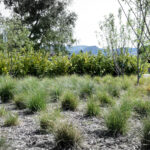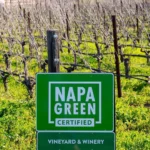Regenerative Agriculture & climate action musings
The Napa Valley Vintners (NVV) launched the Napa Green Winery program in 2008 focused on climate-smart practices in wine production and hospitality. This harvest, we’re celebrating 21 years of Napa Green, and the community leaders who have pioneered sustainability and climate action with us from the beginning.
Napa Green | Champion Story
Napa Green has a new milestone - the program is now 21 years old! This is an auspicious number and we want to celebrate and thank the community leaders who joined in from the beginning, and who have continued along the path of sustainability and climate action.
Anna Brittain | Napa Green
Hear from Napa Green Executive Director, Anna Brittain about what Napa Green really means, including how does it differ from Organic and what really is Climate Action?
Napa Green | Champion Story
Natural cork is the most sustainable wine closure. Did you know that cork is made from the bark of cork oak trees? The bark cannot be harvested until the oak tree is 25 years old, and is then harvested every nine years, using ancient harvesting techniques. The bark harvest actually prolongs the life of the trees, which can live from 100 to 300 years.
Napa Green | Champion Story
When discussing reduced herbicide use or organic farming, a common argument made is that more tractor passes are required, which increases emissions and the carbon footprint of vineyard operations. However, that no longer has to be the case as electric tractors are entering the market that are competitive with, or even outcompete, conventional tractors.
Napa Green | Champion Story
April is a time of growth – when plants move from dormancy to bloom and the Napa Valley’s landscapes are lush and green, with the rivers and streams full from early spring rains. During April, we also celebrate Down to Earth month, making it a great time to think about soil health and how to manage property using “Carbon Farming.”
Napa Green | Champion Story
Most wineries don’t pursue sustainability certification for marketing purposes. But, an increasing number of studies shows both consumers and trade value environmental stewardship and use this information in their wine purchasing and sales decisions.
Napa Green | Champion Story
Biochar is a form of charcoal that is being tested as a soil amendment in several vineyards throughout Napa County as growers look to improve soil health, increase carbon capture and reduce nutrient inputs. Among those exploring the use of biochar are Cakebread Cellars, Spring Mountain Vineyard and the Napa Resource Conservation District (RCD), which manages an experimental vineyard in Carneros.
Napa Green | Champion Story
The California Land Stewardship Institute (CLSI) is working with landowners on a restoration plan for a 5.3 mile stretch of the upper Napa River just downstream from Calistoga. This stretch of the river is highly entrenched, with vertical 20-25 ft. banks, actively eroding and threatening collapse.
Napa Green | Champion Story
The 9.5 mile Oakville to Oak Knoll (OVOK) Napa River restoration project flows immediately south of the Rutherford Reach restoration. More than 30 landowners are voluntarily participating in this collaborative effort, and like the Rutherford Reach, they are helping fund the long-term monitoring and maintenance of the project.
more climate smart musings
